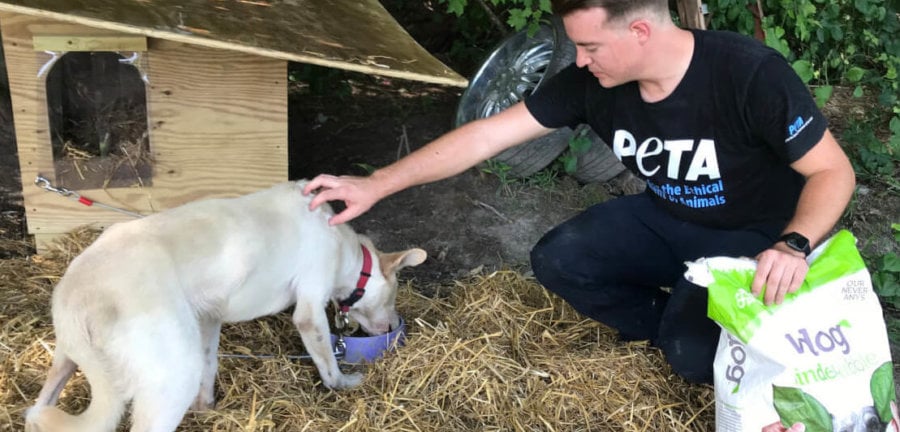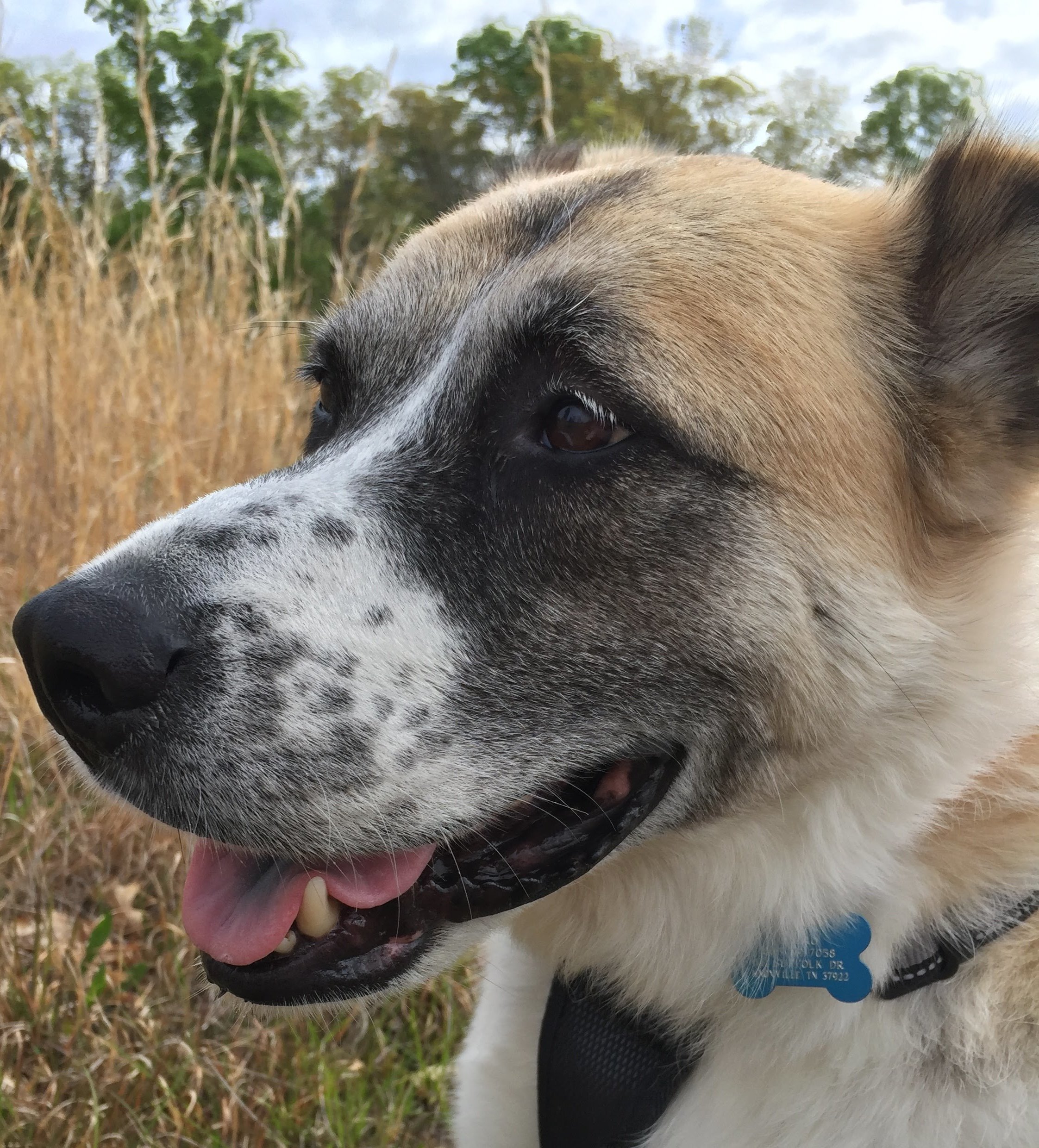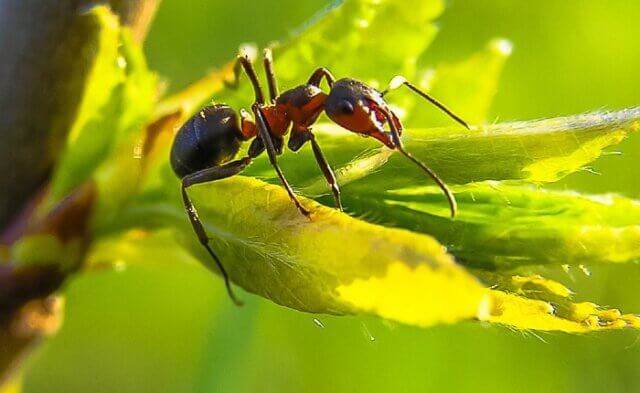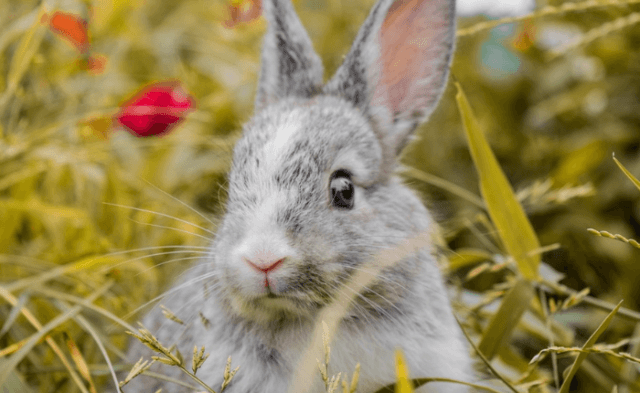Please enjoy this article from the latest issue of our magazine, PETA Global. To begin your subscription, become a PETA member today!
Zorro was miserable. His chronic Lyme disease was not responding to antibiotics, and his joints were inflamed and aching, sometimes swelling to the size of a golf ball. Unable to bear watching their beloved dog suffer, his guardians contemplated euthanasia. But before going that route, they got a second opinion from a veterinarian who “prescribed” a surprising remedy: a homemade vegan diet.
That’s when something amazing happened: Zorro got better!
It should come as no surprise that eating wholesome vegan foods can improve dogs’ health. Most dog food is made from flesh and tissue in the 4-D bin (dead, dying, diseased, and disabled) marked “unfit for human consumption” at slaughterhouses. Even the rendered bodies of euthanized dogs and cats can wind up in pet food. And in addition to the hormones, pesticides, antibiotics, and disease-causing bacteria in animal-derived ingredients, supermarket pet foods are often full of artificial preservatives and colors.
Just reading this probably makes you want to hide under the couch.
But is it really “natural” for dogs to go vegan? While the pet food companies that sell you 4-D products hawk meat-heavy, “grain-free” kibble and canned dog food, a recent study found that domesticated dogs have actually evolved to digest grains. As for their wild cousins, coyotes in California are renowned for snacking on apricots, peaches, plums, and other fruits. And foxes like to graze, too: When fruits are in season, they can account for more than half of a red fox’s diet.
Researchers at the University of Winchester’s Centre for Animal Welfare note that “population studies and case reports have indicated that cats and dogs maintained on vegetarian diets … may experience a range of health benefits.” One of the world’s oldest dogs, a border collie named Bramble, lived to at least age 27 on homemade vegan food based on lentils and rice.
Care about the environment? One study estimated that dogs and cats eat 25% of all animal-derived calories in the US and rank fifth in global meat consumption, and feeding them could account for up to 64 million tons of greenhouse-gas emissions annually.
Care about other animals? Feeding our animal companions vegan meals means breaking our last link to a violent, destructive industry that abuses and slaughters billions of sentient beings every year, each one “as conscious, sensitive and emotional as that dog or cat sitting by our side,” as veterinarian Richard Pitcairn put it.
So, there you have it: Not only can dogs be vegan, they can even thrive as vegans while helping the planet and other inhabitants as well.
Take Action Now
Check out the vegan recipes for dog food, including one based on Bramble’s diet, in Dr. Pitcairn’s Complete Guide to Natural Health for Dogs and Cats. And find a list of vegan dog-food manufacturers and other tips on healthy vegan diets for dogs at PETA.org/VeganDogs.






